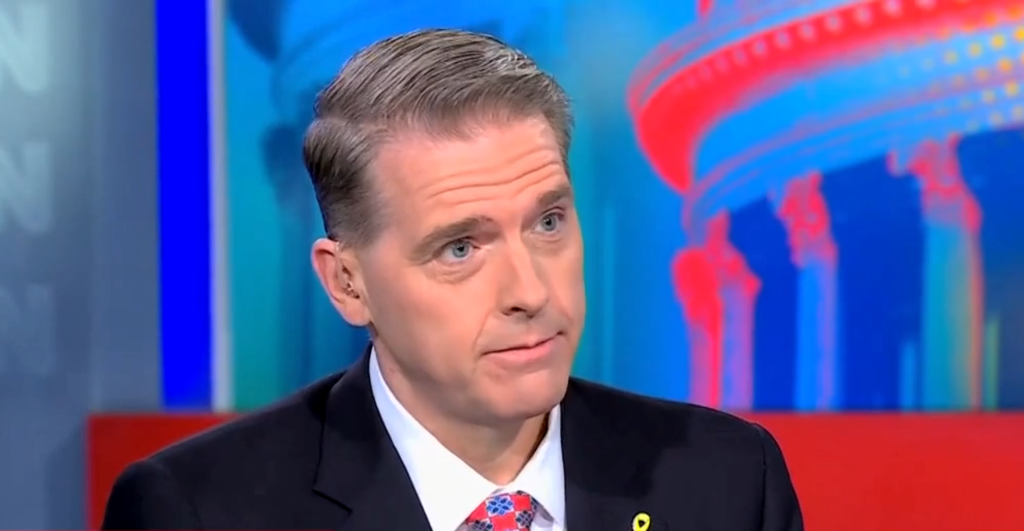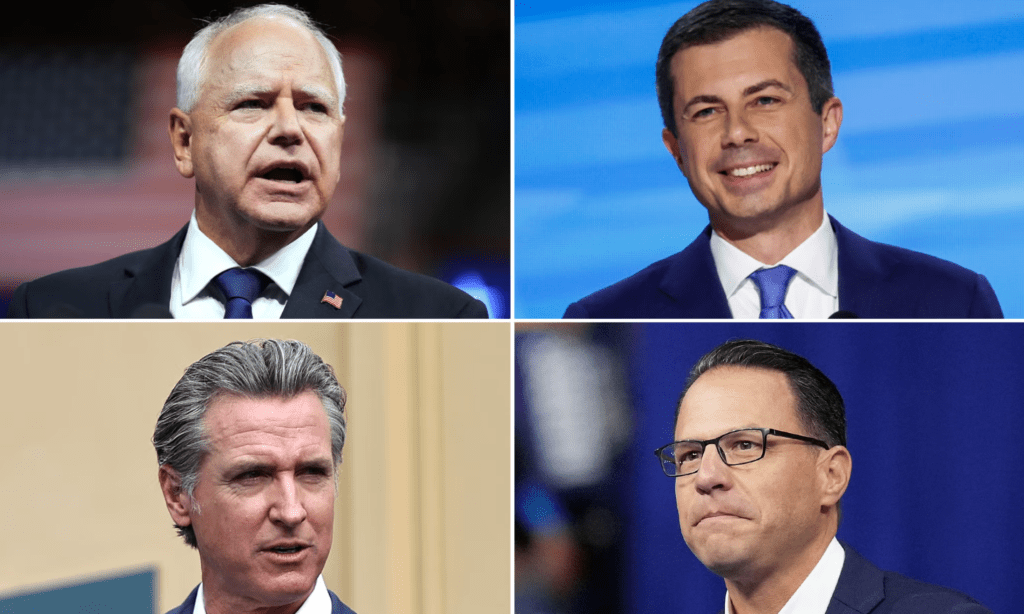President Joe Biden’s goal of building half a million electric vehicle (EV) charging stations across the United States by 2030 is being delayed by diversity, equity and inclusion (DEI) requirements, according to documents and statements obtained by the Washington Free Beacon.
To qualify for federal grant funding to build EV chargers, the Department of Transportation (DOT) says applicants should promise to engage in “intentional outreach to underserved communities” by hosting “neighborhood block parties” and other engagement activities, according to documents obtained by the Free Beacon. DOT officials who spoke with the Free Beacon cited these policies as the reason for why it was behind on its charging station goals, with only seven having been built as of April 1, despite $7.5 billion in allocated funds.
Policies like these “are screwing everything up,” one senior DOT official told the Free Beacon. “It’s all a mess,” they continued.
BREAKING.🚨
Congressional Republicans are introducing a bill that would *BAN* Diversity, Equity & Inclusion (DEI) programs throughout the federal government.
The draft legislation, introduced by @JDVance1, does the following:
– No funds for DEI offices or positions
– No DEI… pic.twitter.com/thVbK1Zq97— Kyle Becker (@kylenabecker) June 12, 2024
Other examples of outreach activities provided by the DOT included “sporting or cultural events” as well as “games and contests,” adding that applicants should make available “multilingual staff or interpreters” for community members who don’t speak English, according to DOT documents.
“This all just slows down construction,” Jim Meigs, a senior fellow at the Manhattan Institute, told the Free Beacon. “These ‘public involvement’ requirements are impossible to quantify and even open builders up to lawsuits by members of the community where an electric vehicle charging station is set to be constructed,” he continued.
The semiconductor-focused CHIPS Act, another of Biden’s infrastructure priorities, is saddled with similar DEI requirements, mandating that firms taking federal funds develop strategies to “promote diversity, equity, inclusion, and accessibility,” Fox News Digital reported.
Applicants for federal EV charging station grants must, in many cases, submit reports that can be hundreds of pages long on how they will pursue equity in every step of the construction process, according to the Free Beacon. Equity requirements like this increase the costs of charging station projects and slow their progression, a senior DOT official told the Free Beacon.
In addition to public outreach, the DOT also encourages applicants for grant funding to “promote local inclusive economic development and entrepreneurship such as the use of minority-owned businesses,” the Free Beacon reported. One possible way applicants can do this is by committing to funding “support services to help train, place, and retain people in good-paying jobs or registered apprenticeships, with a focus on women, people of color and others that are underrepresented in infrastructure jobs.”
“These onerous diversity, equity, and inclusion requirements handcuff professionals from making proper evaluations and prevent the government/public from funding the most deserving projects, instead funneling money towards less qualified applicants,” the DOT official told the Free Beacon.
One of Biden’s first acts as president dealt with advancing racial equity, with the president signing an executive order on January 20, 2021, mandating that all federal agencies produce equity assessments.
The Environmental Protection Agency announced new tailpipe emission standards in March that would effectively require two-thirds of all light-duty vehicles sold after model year 2032 to be either EVs or hybrids. The Biden administration’s regulation came as organic demand for EVs were slumping, with their sales growing by just 2.7% during the first quarter of 2024, well under the 47% rate of growth the vehicles saw in 2023.
“Since the President took office, the number of publicly available charging ports has grown by over 90 percent, with more than 184,000 publicly-available EV charging ports operational today and 1,000 more coming online each week,” a DOT spokesperson told the Daily Caller News Foundation. “There are currently projects underway in partnership with states and local grantees for 14,000 federally-funded EV charging ports across the country under the NEVI and CFI programs that will build on the 184,000 chargers operational today,” they continued.
![]()
Originally published by the Daily Caller News Foundation
NOW READ:
Biden Shoots Down $24 Billion Pay Raise For Enlisted Troops — After Spending 7 Times More On Ukraine


